Age of no return: The irreversible shifts in jobs, demographics and power
The era of major shifts is upon us and humanity is traversing into a world where the traditional notions of knowledge, labour, marriage, reproduction, and even geopolitics and territory are replaced by what technology brings, says Chinese academic Deng Xize.

Despite its chaos and messiness, today’s world is relatively peaceful compared to the era of the world wars. However, ongoing conflicts remind us that peace is not absolute. It is tempting to view warfare and violence as historical constants, merely continuing into the present. But is this truly the case?
The world is evolving at an unprecedented pace. In China, those who are middle-aged or older have lived through four eras in their lifetime: the agricultural era, the industrial era, the information era, and now the intelligent era. So, what era are we currently in?
In 2022, I wrote about three major shifts in human history: the Axial Age, the modern transition and the current unprecedented “Age of No Return”, marking humanity’s “post-everything” era.
Signs of the ‘post’ era
Historically, human society has followed cyclical patterns, alternating between famine and abundance, turmoil and stability, and economic depression and prosperity. However, we have now entered an irreversible era or the Age of No Return, where new forces or factors permanently change the world.
For instance, fluctuating employment opportunities are set to decline irreversibly. Similarly, falling marriage and birth rates in many countries signal that traditional forms will not return, signifying the beginning of the post-everything era.
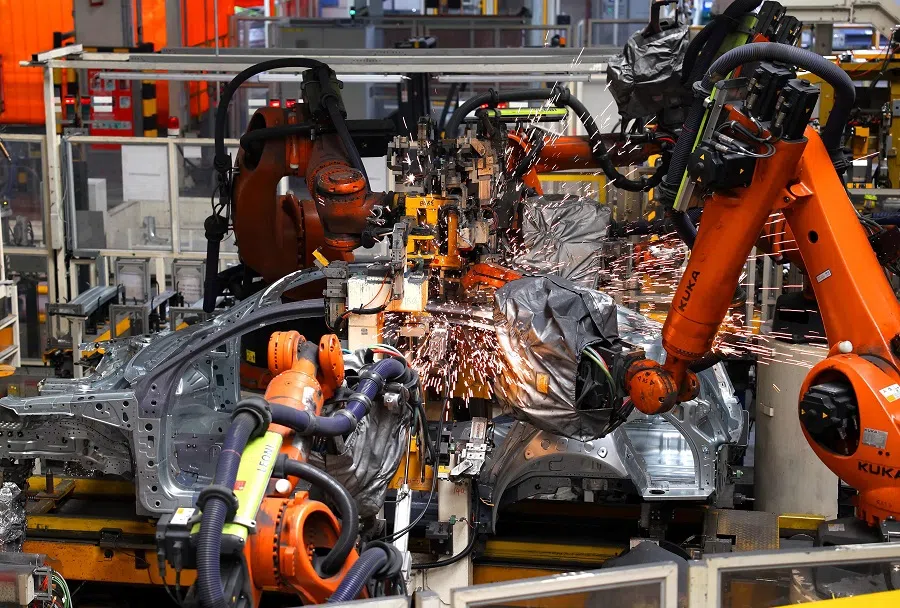
The post-knowledge era
In the past, knowledge was entirely produced by humans, whether directly or indirectly. This has evolved to a stage where machines can now engage in indirect knowledge production — augmenting human capabilities and contributing to the broader landscape of knowledge production. This is already a reality. In the future, machines will even become capable of direct knowledge production.
The post-labour era
The repetitive labour of the past, ranging from high-level tasks like data analysis and financial auditing to low-level tasks like data entry and telemarketing, is evolving towards the elimination of repetitive work altogether.
The post-economy era
The growing imbalance between supply and demand will likely become permanent, leading to the breakdown of the commodity economy, which relies on a relative balance between supply and demand.
Traditional wealth distribution goes by the “80/20 rule” or Pareto principle (where 80% of wealth is owned by 20% of the population), but this ratio is becoming unstable as wealth becomes increasingly dependent on machine production, shifting towards a 9 to 1 ratio and possibly even 99 to 1. The greater the rich-poor gap, the more severe the supply-demand imbalance.
... if repetitive labour is largely replaced and people — especially the general population — become of little or no use, then who will govern? Who will they govern?

When the proportion of commodity transactions drops significantly, the commodity economy will collapse. Even redistributing wealth from the rich to the poor or implementing universal basic income will not prevent this disintegration, as these distribution methods violate the fundamental principle of the commodity economy: profit through transactions.
This raises the question: how can humanity keep the commodity economy going? And if the commodity economy collapses, what will humanity do?
The post-politics era
Traditional political power may be overshadowed or replaced by technological power. Governance is based on the premise that humans are useful and capable of creating value. However, if repetitive labour is largely replaced and people — especially the general population — become of little or no use, then who will govern? Who will they govern? And how much meaning would there still be in governance?
At the same time, technology is emerging as an increasingly powerful and independent force. Some technology companies can already to some extent control the way people think, as well as influence and even manipulate elections, public decision-making and social discourse, which could not have happened before World War II.
Traditional power is either divinely ordained or granted by the people (as in democracy), whereas technological power is neither. In theory, power is constrained by its source. Then who will regulate technological power?
Traditional power is either divinely ordained or granted by the people (as in democracy), whereas technological power is neither. In theory, power is constrained by its source. Then who will regulate technological power? And how? What will it all mean?
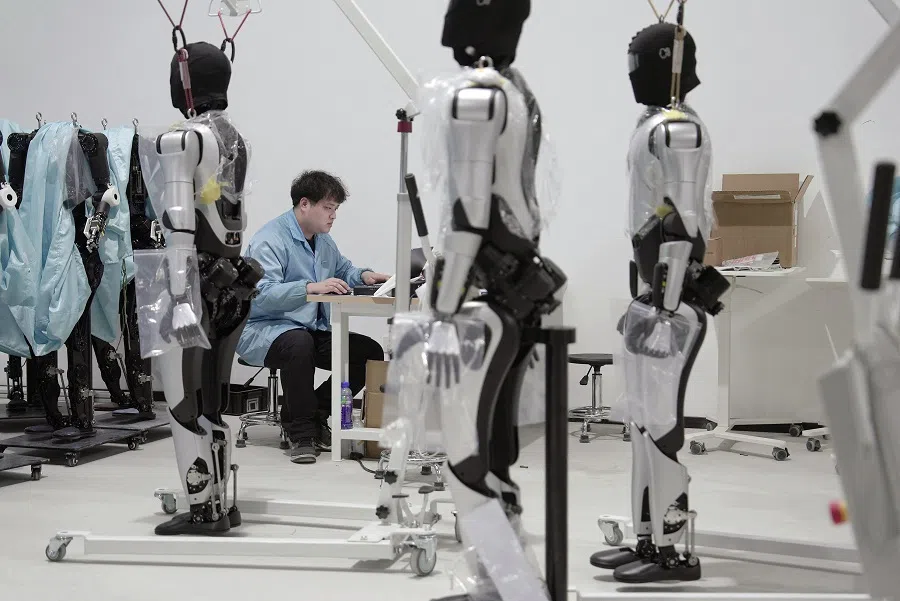
Technology is both the liberation and abandonment of humans. The fundamental basis of the dual nature of technology, along with its potential to spiral out of control, is that human nature is selfish, and human conflicts and competition of interests make it nearly impossible to form a consensus on the invention and application of technology.
The post-biology era
Technology can already alter natural human biology, offering artificial alternatives. Technologies such as brain-machine interfaces, gene editing and artificial intelligence can make biological modifications to the human body, turning humans into a “post-biological” species.
The post-marriage era
The foundation of the traditional marriage system has collapsed and merely its remnants remain. The most significant change in modern marriage lies in the loss of its unique function. While marriage then and now serves many functions — procreation, sexual fulfillment, securing property and alleviating loneliness — these are not unique to marriage; other relationships (such as romantic partnerships) also serve some of these functions.
In ancient times, one unique function of marriage was the preservation of property. To ensure that property was correctly passed down to their offspring, men would legally and morally lay exclusive claim to women. However, in modern times, this unique function has become obsolete, because women have achieved economic independence and possess their own property to pass down, while men and women alike can have children outside of marriage.
... marriage has gone from being a necessity to a choice, and from being stable to unstable. This has led to the inevitable disintegration of the traditional form of marriage, with large-scale disintegration of marriage in developed countries in Europe and North America.

Furthermore, the structure of marriage itself has undergone a disruptive change. There are two levels to marriage: the economic structure and the ethical structure, with the former determining the latter. The economic independence of modern women has broken the traditional economic structure of marriage, which in turn has broken the ethical structure of women being reliant on men.
As a result, marriage has gone from being a necessity to a choice, and from being stable to unstable. This has led to the inevitable disintegration of the traditional form of marriage, with large-scale disintegration of marriage in developed countries in Europe and North America.
The post-family era
Alongside the post-marriage era, the family has also transitioned from being a necessity to a choice. Dual-income no-kids (DINK) households and cohabitation without marriage were unimaginable in ancient times.
The post-sex era
Traditional sexual relationships occur primarily between heterosexual partners; even same-sex relationships happen between people. However, sexual experiences can now take place with a non-biological partner, such as sex robots and other technological means.
The post-reproduction era
This is directly linked to the post-biology era. Traditionally, reproduction could only occur through sexual intercourse between two individuals of the opposite sex. However, reproduction could now happen without sexual intercourse and through technological means, such as artificial insemination and in vitro fertilisation, or even biological interventions such as genetic editing. This disrupts the natural history of human reproduction and would have been hard to imagine just a few decades ago.

Going further, we find that many other areas of society are also entering a post-everything era as part of this third major shift. For example, since World War II, especially after the 1970s, major technological advancements combined with globalisation have led to the increasing delocalisation of production. The growing importance of science, technology, capital and management in wealth creation and national security, along with the diminishing importance of traditional territorial ownership and geopolitical control, has brought humanity into a post-territorial and post-geopolitical era.
Unfortunately, the world’s major powers are stuck in antiquated beliefs and continue to irrationally argue and even wage wars over that piece of “firewood”.
Severe disconnect between cognitive logic and factual logic
While the world has undergone great shifts (factual logic), mainstream thought remains trapped in traditional ideas (cognitive logic), leading to a lot of meaningless losses and disasters. For example, NATO expansion and the Russia-Ukraine war are rooted in traditional territorial and geopolitical thinking.
Whether through territorial disputes or geopolitical control, the ultimate goal has always been the acquisition of wealth. But humanity is in a post-territorial and post-geopolitical era, where technology, capital and management are increasing in value. Since World War II, no country has become a developed nation through territorial conquest or geopolitical expansion; China’s remarkable achievements since reform and opening up are not based on territorial acquisition or geopolitical control.

Even based on national interest, the territorial grabs and wrestling for geopolitical control from ancient times up to World War II were more rational and worthier than NATO’s eastward expansion or the Russia-Ukraine war. In the former situation, the relative value of war — land and geopolitics — is huge, but much less so for the latter.
It is like farmers in the olden days fighting over a single piece of firewood — with abundant and inexpensive energy sources today, is there still a need to do so? Unfortunately, the world’s major powers are stuck in antiquated beliefs and continue to irrationally argue and even wage wars over that piece of “firewood”.
In other words, the value of an item is constantly changing — what was once worth 1,000 dollars may now only be worth 250 dollars. The parties in the Russia-Ukraine war are spending 1,000 dollars to fight over something worth only 250 dollars, and that is all it is. Hence, none of the stakeholders with their outdated thinking are innocent.
The era of major shifts is upon us. Humanity and individual nations should be thinking about the new situation, objectives and tasks. However, they are showing great foolishness: the world has changed, the future is here, yet their outdated thinking remains amid their growing stupidity.
This article was first published in Lianhe Zaobao as “人类“后”时代已降临而不可逆 ——大变局沉思录之六”.
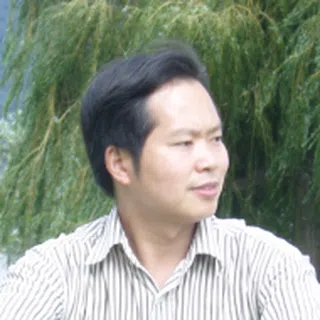

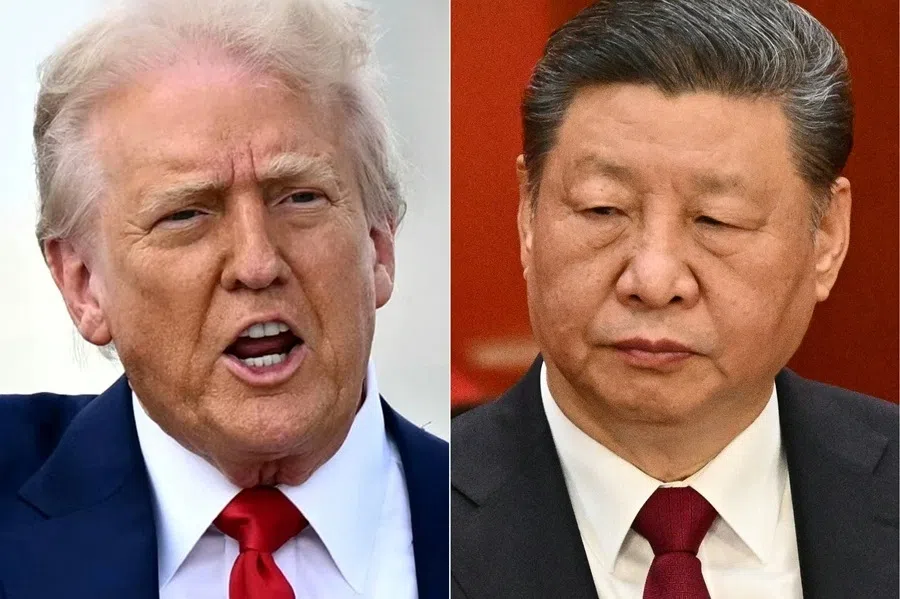
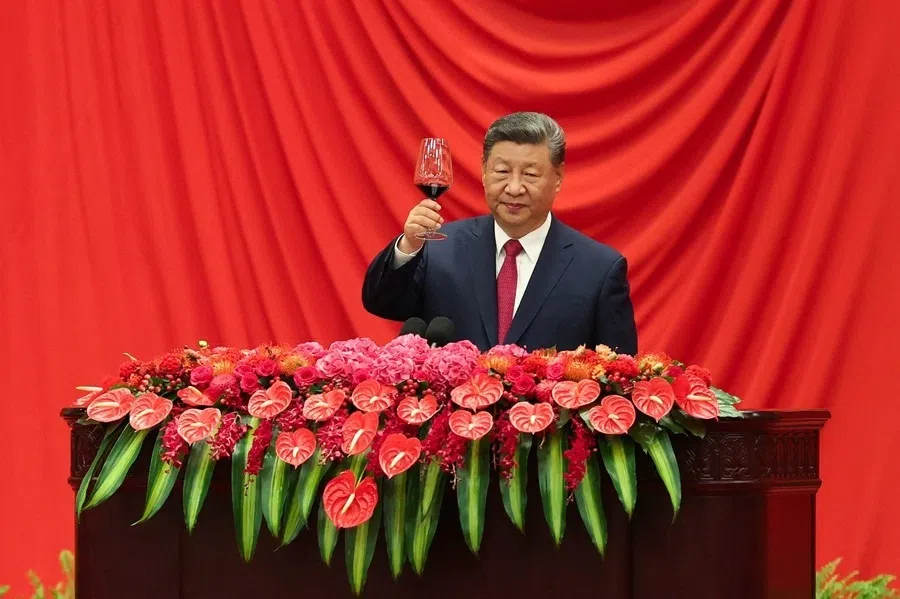
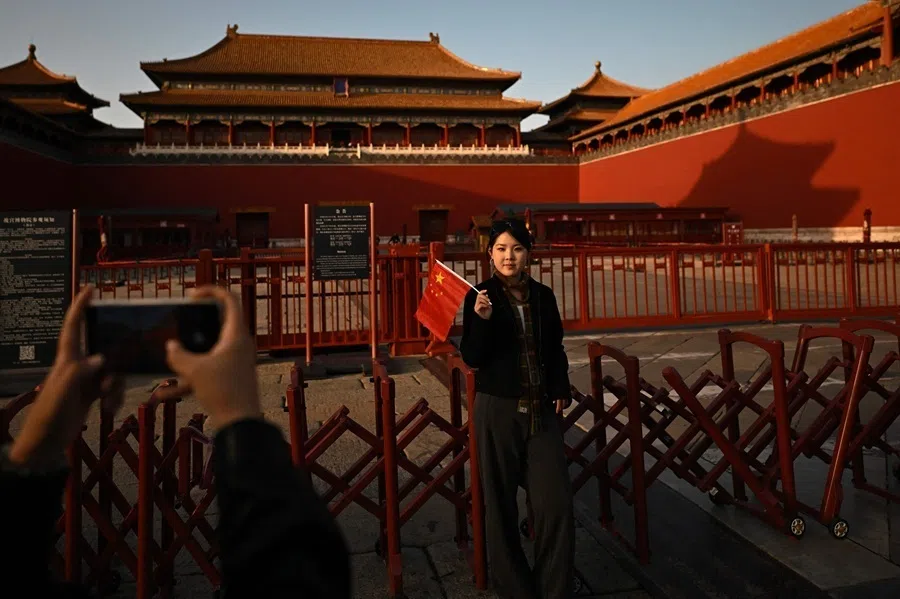
![[Vox pop] Chinese parenting: Tough love or just tough?](https://cassette.sphdigital.com.sg/image/thinkchina/b95bd53631df26290df995775a40e36709bf8dc8e3759460276abd5c426b20b6)